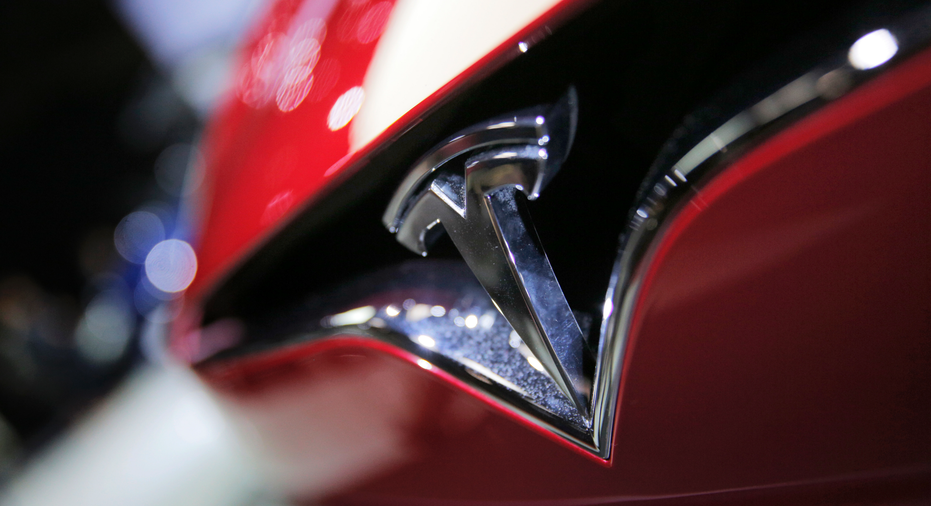Calif. police use Tesla system to halt sleeping man's car

DETROIT – The Autopilot system on a Telsa Model S may have helped the California Highway Patrol stop the car after its driver fell asleep on a freeway.
Similar systems, now offered by nearly all automakers, use cameras and radar to detect objects in front of them and automatically keep a safe distance or even stop or slow the vehicles before a crash. The systems also can keep cars in their lanes. Tesla's Autopilot feature allows the vehicle to change lanes automatically when prompted by the driver, navigate interchanges and exit freeways.
In the case of the driver who fell asleep, California Highway Patrol officers spotted him Friday afternoon as they were looking for drunken drivers. They pulled alongside the gray Model S on U.S. 101 and saw that the driver was asleep. When the driver didn't respond to their lights and siren, they slowed traffic behind him and tried to figure out if Autopilot or other driver-assist systems were engaged, according to Officer Art Montiel, a CHP spokesman. They then pulled in front of the car and slowed down, and the car eventually stopped.
No one was hurt and the car didn't crash. The 45-year-old driver was arrested on suspicion of driving under the influence.
Systems like Tesla's semi-autonomous Autopilot are the building blocks of self-driving vehicles, but humans still must be ready to take control. Here are answers to questions about how the systems work and the incident in the San Francisco suburb of Redwood City:
Q: Was the driver using Autopilot system?
A: Maybe. Montiel said officers believe it was on but they haven't confirmed that yet. Telsa won't comment. The car's automatic cruise control system, which keeps it a safe distance from vehicles in front of it, could have been operating without Autopilot being engaged, as could its automatic emergency braking system. Authorities are investigating which systems were in use.
Q: Isn't the system supposed to stop the car if the driver is not paying attention?
A: Telsa's Autopilot is designed to safely pull over if a driver doesn't put force on the steering wheel. But some drivers have been able to fool the system. It's unclear whether that happened in the case of the sleeping driver. A similar system from General Motors called Super Cruise monitors the driver's eyes and will stop the car if they are not paying attention. Tesla CEO Elon Musk wrote on Twitter that it is "default Autopilot behavior" to gradually slow to a stop and turn on the hazard lights. "Looking into what happened here," Musk wrote.
Q: Can't these cars drive themselves?
A: No, they can't. All manufacturers, including Tesla, warn drivers that the systems are for assistance only and they must pay attention and be ready to take over driving. Tests by AAA and the Insurance Institute for Highway Safety both found that the systems can't handle every situation they encounter on the roads. Safety advocates criticized Tesla for naming its system Autopilot, especially after an Ohio man died in a crash while using it in Florida two years ago. The National Transportation Safety Board is investigating several other crashes in which the drivers appeared to place too much confidence in Autopilot, including one fatality earlier this year near Mountain View, California.



















